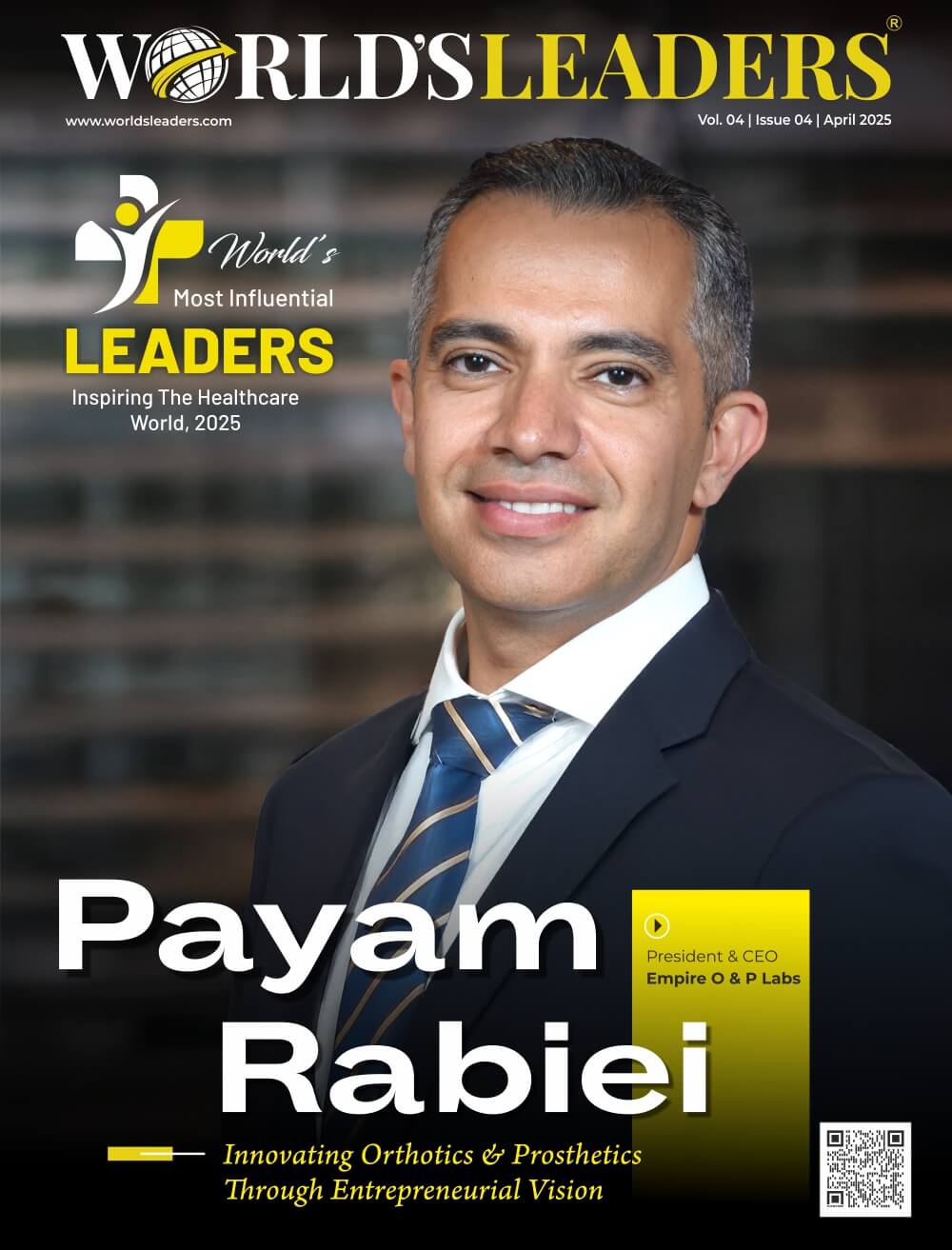Collaboration, as equals, is the key to solve the world´s biggest challenges. Do not work with people and companies who are not committed to shared value creation,” says Henrik Stamm Kristensen. Henrik is the founder of Blendhub, a company today present on 4 continents that provides unique services for developing and producing powder-based food and nutrition and has visions to lead a change in the global food production system.
Over the years, Henrik has increased his conviction about science, technology and inclusive business model innovation that will transform the entire food production model to become completely sustainable. His first company Premium Ingredients was specialized in developing functional food ingredients blends for food producers. He realized that the opportunity in powder-based ingredients and blended products needed a completely different approach to moving forward. Then he ideated how to evolve Premium Ingredients, a product manufacturing company, towards Blendhub, a global collaborative service platform with the objective of introducing Food-as-a-Service.
In 2004, Henrik challenged his engineers to develop a portable nano factory and in 2010 the company patented and later deployed its first Portable Powder Blending (PPB) unit in India.
Since then Henrik decided to build a global network of localized food production hubs, closer to raw materials and final consumers, with the portable powder blending unit being the core of these hubs and by creating a unique replication model.
Blendhub has in a self finaced business model today deployed hubs in Spain (2), India (2), Mexico, Colombia and Thailand and now expanding the network with visionary local partners and investors all over the world.
Blendhub; Build for SMEs to act global as any other multinational brand
Blendhub’s network of multi-localized production hubs offers infrastructure-as-a-service. This model is open to any Agri-food industry but has been developed especially for small/medium-sized enterprises and start-ups seeking access to technology, localization and smooth introduction to global markets without selling out on their initial ideas.
Henrik says, “We can facilitate production anywhere in the world in a unique pay-per-use model. We are also open to big food and ingredients companies and other local and global organizations understanding that localized production is the only way to be competitive today.”
In Blendhub’s network hubs food companies can produce with their formulas and recipes or access millions of third party recipe ideas hosted on its digitized platform. Henrik states, “Today, we know that by manufacturing closer to raw materials and final consumers, the cost of final food products can decrease by 20-50%.”
Using Innovation to Decentralization of production
Decentralization of production fosters optimization of supply chains: production costs decrease, transportation is reduced and logistics are optimized, which at the same time means a lower environmental impact. And it creates increased value for communities where raw materials have their origin.
Blendhub has been visionary in moving food production from static, traditional factories located in the western world during the last +100 years to a network of portable factories in a global multi-localized production strategy. Henrik asserts, “Because we believed, contrary to many others in the food industry, that deploying a PPB in a smaller hub is much faster and requires much less investment than building a traditional static factory with a high risk of being located in the wrong place from a global supply chain perspective. We now bring production anywhere in the world quickly, efficiently and safely, closer to raw materials and final consumers in a global replication model.”
Inspirations and Learning
According to Henrik, being born in a family facilitating independent opinions even at a young age has been crucial. He mentions, “Mentorship by my first CEO Hans Henrik Hjorth still being with me today more than 30 years later has been of incredible value.” Furthermore thought leaders like Geoffrey Moore and his books from Crossing the Chasm, Alexander Osterwalder the Business Model canvas and recently Tony Saldanha and Why Digitalization fail have been very valuable for our teams to work around.
Became more Resilient during Pandemic
From the very first moment of the pandemic’s outbreak, Blendhub implemented the same global measures in its network of hubs to continue its activity. During the pandemic, the company was focusing on providing the same quality and efficient conditions and adding additional measures to guarantee the safety of employees and the uninterrupted supply to all its customers worldwide.
Henrik opines, “Since we were visionary to develop a flexible and resilient multi-localized business model where one hub can help another, we have been able to react fast and adapt to the new challenges and restrictions. Reality has proved that our model is the most suitable to tackle such a crisis.”
The situation due to the pandemic has forced everyone to reflect and lead to a change of perspective. Henrik believes that the agri-food sector must be better prepared to overcome any future crisis by making food production more agile and resilient. Multi-localization, platform collaboration and technology sharing are key to ensure the efficiency of global supply chains.
Align to a One Vision
At Blendhub and his other company Chemometric Brain, the management has built a collaborative platform with a network of freelance and Affiliated Partners (from raw material producers, machinery producers, food technologists, technology companies, blenders, food producers, hardware manufacturers, research centres etc). Henrik says, “When people and organizations share the same values and work together we will be able to create shared value throughout the entire food supply chain in an honest and transparent manner.”
A View for Future
Henrik is a business leader who is passionate about food and technology and vision to continue to work on the growth around a collaborative platform. According to him, for Blendhub, the team is continuously innovating and offering differentiating solutions to the customers and networks. The company’s Food-as-a-Service offerings are growing strongly in new segments, such as plant-based products. He states that the company is committed to expanding its global network of local hubs around the world. By 2025, the management plans to have more than 50 new hubs in operation. And he never forgets that his NorthStar are SDGs 2, 12 and 17 with the objective of making sustainable food and nutrition available to more people in more places.
Providing basic nutrition for girls in need
Blendhub’s mission is to make access to healthy food and nutrition available to more people in more places. Showing this commitment, we have developed NouriShe with FeedABillion, a nonprofit organization that prevents exploitation by working with international and local communities to provide nutritious meals to girls in need. We have together developed a high-quality nutritious shake, easy to prepare and distribute to schools across continents and will be working together for global impact.





